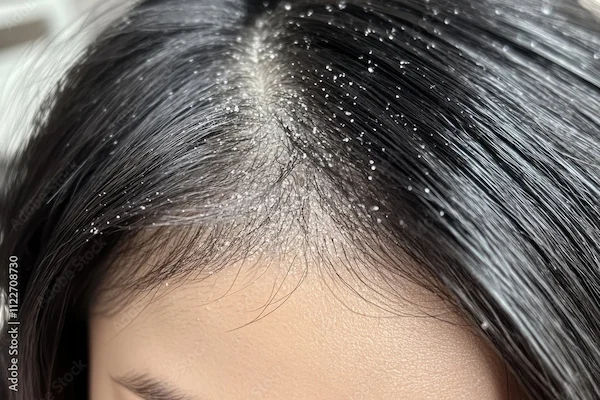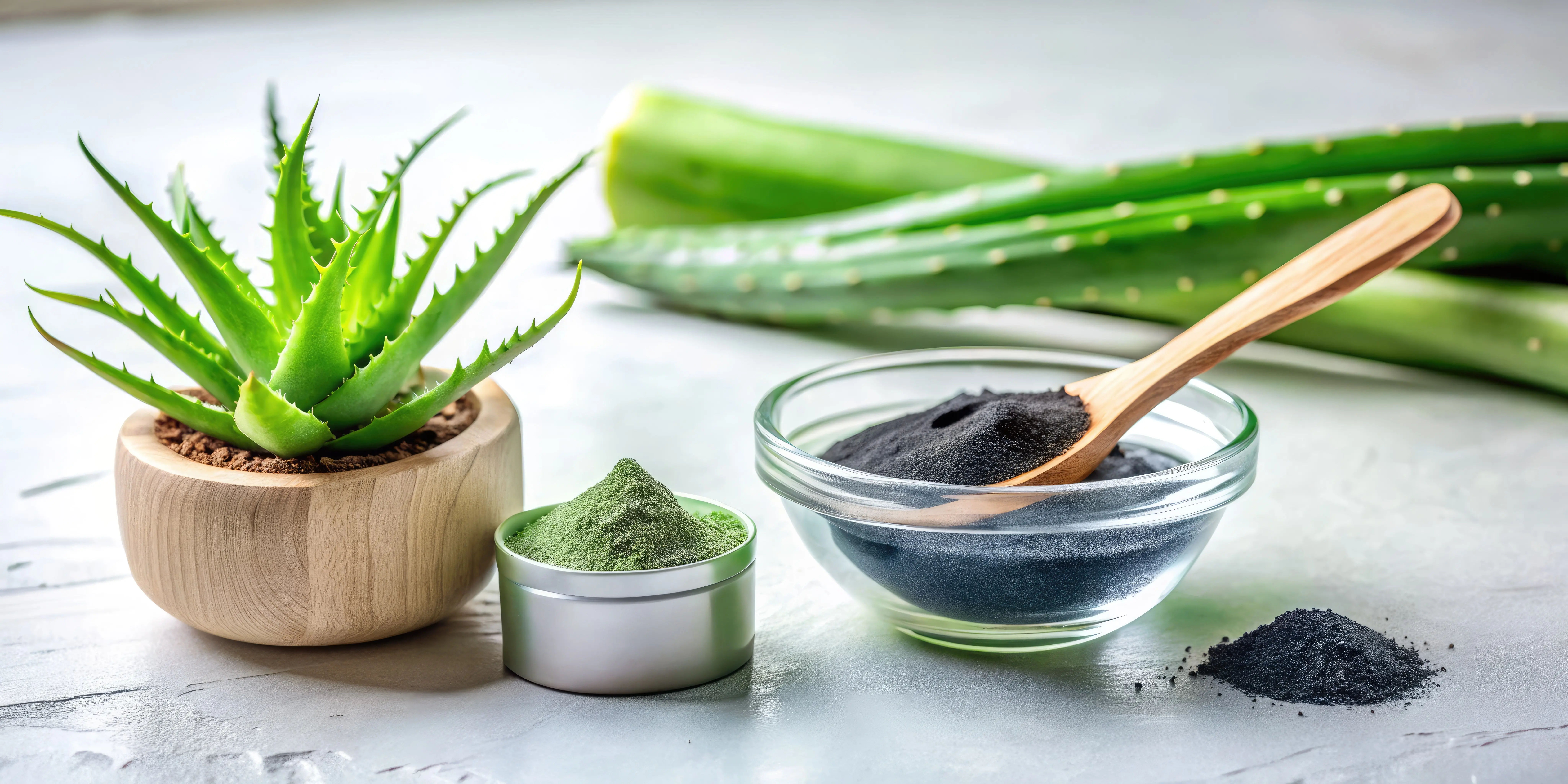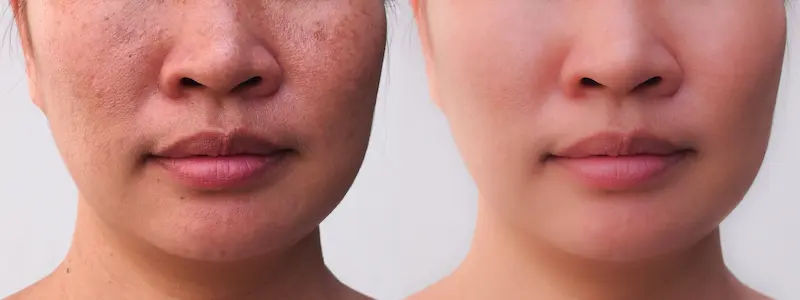- male
- 45 Years
- 07/02/2025
I'm a 45-year-old guy and I've been using hair dye for the past 15 years, but lately I've started having allergic reactions. There's itching on my scalp and face, and my face has turned kind of blackish. I've tried different brands and types, like liquids, powder, and shampoo dyes over the years. Could you suggest a hair dye or maybe tablets that might help with these allergies, and is there an ointment that could help reduce the dark color on my face?
Answered by 1 Apollo Doctors
go for dermatologist
Dr. Chandra Suggests...
Consult a Dermatologist
Answered 04/07/2025
0
0

More Dermatology Health Queries
View allI'm dealing with really rough and frizzy hair right now and I'm thinking about getting a keratin treatment. But I've also got a lot of dandruff at the moment. Is it a bad idea to go ahead with the keratin treatment while I'm dealing with dandruff, or should I wait until it clears up? Also, does a keratin treatment lead to any hair loss? Would love some advice.
Thats unusual,visit General Physician for appropriate approach.and maintain balanced diet and healthy lifestyle
Answered by 1 Apollo Doctors
I'm dealing with some serious pain and I got my CBC report back yesterday showing increased TLC or ESR levels. The local doctor mentioned it's causing these boils (funsi foda), but the stuff I got from them isnt helping, and the pain is just too much to handle. Can you please guide me on how to tackle this issue?
The combination of elevated TLC and ESR suggests inflammation or infection, and the pain could be related to that. It's important to continue following up with your healthcare provider and communicate the severity of the pain. If needed, a second opinion from a specialist might be necessary for a more thorough diagnosis and effective treatment plan.
Answered by 1 Apollo Doctors
I've been dealing with this issue where the skin on my lower lip tends to harden and then get really dry. I always end up peeling it off, but then the whole cycle just starts over again. It's pretty frustrating. What could be causing this, and how can I stop it from happening?
That could be due to Dehydration or lack of moist or vitamin deficiency,stay hydrated and consume balanced diet, that would solve your problem,you also use lip balm for additional care
Answered by 1 Apollo Doctors
Disclaimer: Answers on Apollo 247 are not intended to replace your doctor advice. Always seek help of a professional doctor in case of an medical emergency or ailment.




